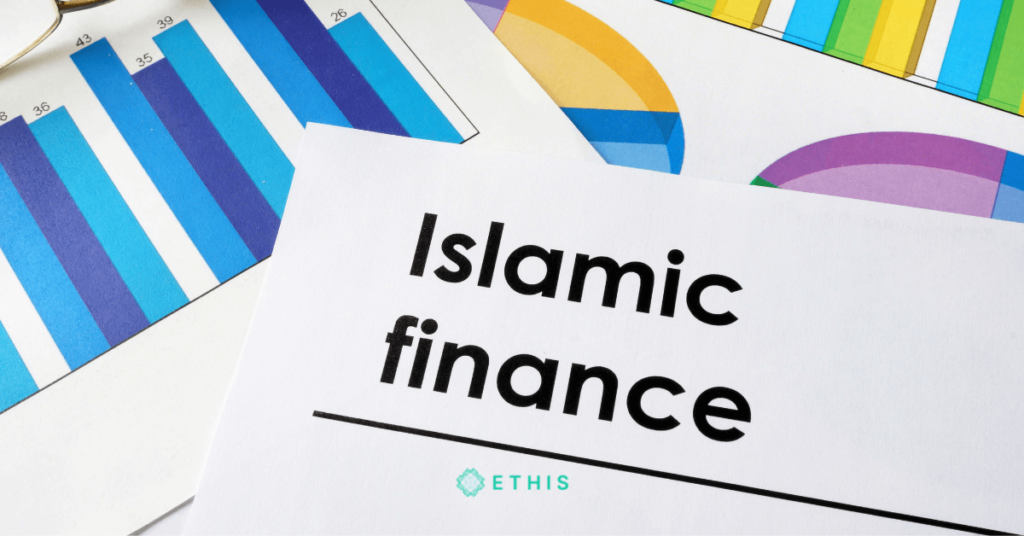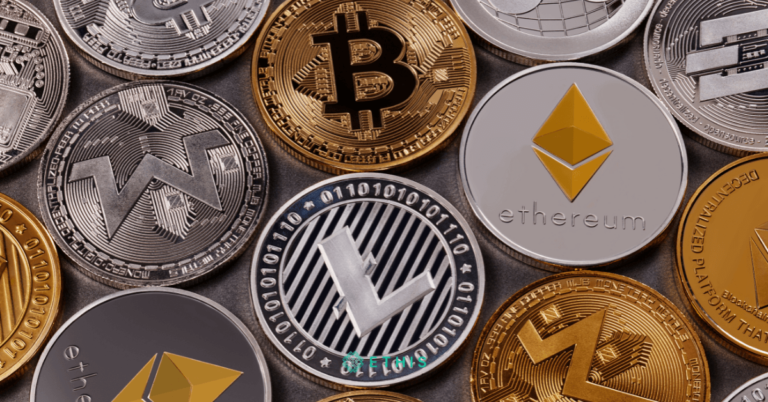
By Jamal Jamaludin
More than a year since its emergence, the impact of COVID-19 continues to mar the global economic and social landscape. As economies continue to gradually open, clouds of uncertainty continue to loom in the form of new virus mutations and accumulating casualties amidst the ongoing public inoculation.
The pandemic has laid bare its uneven effects on different communities across the spectrum of wealth, reflected by diverging economic recoveries across countries and sectors.
As of this writing; the IMF anticipates global growth to be at 6% in 2021; moderating to 4.4% in 2022 which remains hinged on the path of the pandemic. However, the mortality and disruption of livelihoods arising from the pandemic have disproportionately consisted of those with poor health and vocations exposed to contact with others, prevalent in vulnerable communities.
The underlying factors that contribute to the current status quo continue to be the bedrock of discussions and discourse amongst academicians and policymakers, as part of efforts to promote wealth equality and financial inclusion.
We here attempt to contribute to the conversation by providing a rudimentary qualitative narrative through the perspective of Islamic Finance and postulate its role in narrowing the widening chasm by leveraging on the advancements of digitalisation.
Role of Islamic Finance


The total value of Islamic finance assets was reported to be $2.88 trillion in 2019 though it faces headwinds for growth in line with the wider global economy due to the COVID-19 crisis.
Islamic Finance has grown to play a significant role in the global economy and its relevance continues to span across many parts of the world. Islamic Finance is guided by Shariah Principles that emphasize sustainable development and prevention of harm through fair and transparent financial practices.
This entails conducting its fiduciary role as a financial intermediary through sharing of profit and loss, and the prohibition of usury (interest). Furthermore, Islamic economics derived from the teachings of Islam sets out that the utility of resources must be towards goodness or in the public interest, as a pillar, termed ‘maslaha’. ‘Maslaha’ is achieved by protecting the five basic values of religion, life, intellect, lineage and property. Furthermore, ‘maslaha’ is associated with promoting fairness and justice, whilst avoiding exploitation and injustice.
Similarly, the conventional economic theory postulates that financial development and improved access to finance through financial inclusion will contribute towards economic growth whilst reducing income inequality and poverty. This entails enhancing access and quality of basic financial services that can facilitate sustainable growth and productivity, enabling increased market participants that can contribute meaningfully to economic activities.
The alignment between the two schools of thought is gaining prominence, as an “Islamic Finance intermediary aims to deliver the intended outcomes of Shariah through practices, conduct and offerings that generate positive and sustainable impact to the economy, community and environment, consistent with the shareholders’ sustainable returns and long-term interests” as outlined by the Bank Negara of Malaysia.
Bank Negara Malaysia emphasizes the wider impact of financial activities and the benefits of delivering value propositions not only to all financial consumers but to the wider stakeholders within society and the economy at large.
Modern Developments in Islamic Finance


Despite a broad shift towards promoting inclusion, financial market friction such as information asymmetry and transaction costs continues to be a significant factor that impedes equitable opportunity to income in both realms of finance. Thus, it is imperative to provide the adequate supportive infrastructure that is tailored to the needs and behaviour of the underserved community.



Islamic Finance is in a well-poised position to bridge these gaps by expanding the reach of its Islamic Social Finance tools (such as Zakat, Waqf, and Sadaqah) which could leverage the digital infrastructure to accelerate efforts towards financial inclusion.
Notably, the innovation of blockchain via a distributed ledger has been postulated to improve financial inclusion by its proponents. A blockchain records transactions publicly and chronologically via a distributed ledger which allows simultaneous access, validation, and record at rapid speeds across multiple entities and locations. Blockchain technology is synonymous with digital currency, such as Bitcoin which is garnering traction even in mainstream finance.
Blockchain, which is synonymous with crypto assets, is evolving at a rapid pace. Blockchain technology has also been gaining attention in the realm of Islamic Finance. Innovative Islamic FinTech startups such as Caizcoin, have begun to make inroads into the space to provide the associated benefits of cryptocurrencies whilst being Shariah-compliant. This provides opportunities for Muslims and the wider investment community that are interested in ethical investing. Such ‘coins’ can be developed to exclude involvement in non-permissible economic activities as ordained by the principles of Islam, whilst facilitating Zakat payments to charity.
Moreover, the technology can be used to facilitate the use of Islamic Social Finance tools such as Zakat, Waqf, and Sadaqah, to vulnerable communities overseas by reducing the cost and time of processing payments via national payments systems. Proponents of blockchain posit that a fully developed system will enable near-real-time and accurate payments across multiple entities and locations, thus reducing transaction costs.
Speedy Wealth Redistribution


Theoretically, Shariah-compliant cryptocurrencies could be developed to enhance the speed and efficiency of Zakat funds disbursement across multiple locations. This is further supported by improved digital mobility in light of smartphone high penetration levels, which can overcome the geographical challenges facing the unbanked and underserved communities.
This would improve the efficiency of wealth redistribution to locations that may lack the necessary infrastructure to efficiently receive traditional fiat currency. Moreover, the immutability and transparency of blockchain will allow for the secure storage and upkeep of beneficiary data which could be utilized to improve operational efficiency and trust. The data could be further utilized towards improving the pricing models for micro-financing to provide more accessible financial solutions.
The potential benefits arising from inexorable advancements brought by digitalisation has become ubiquitous and continues to pervade deeper into the fabric of society. Improved access to information and rapid communication have contributed towards an increasingly global economic and social environment.
However, it is imperative to preserve equitable opportunity and inclusive prosperity to ensure fair and just economic growth. This means keeping up with evolving needs for digitalised financial services by leveraging innovative technologies to provide more efficient and inclusive Islamic financial solutions.
Despite its nascence, Blockchain has made a significant impact on financial markets and is anticipated to become increasingly relevant in the foreseeable future. Therefore, understanding its potential utility is pivotal towards the continued development of Islamic Finance and its efforts towards promoting financial inclusion as ordained by Islam. Blockchain can in short catalyze the move towards a more financially inclusive future.
Related article Types of Blockchain Structures





Top Posts
Islamic P2P Crowdfunding Explained
Halal Money Matters: How Muslims Can Balance Deen and Dunya with Smart Islamic Finance
Halal Investments for Singapore Muslims? It’s time for a shake-up in the Islamic Investments scene.
Smart investment for making Halal money
3 Reasons Why Property Crowdfunding is the Smart Investment for You